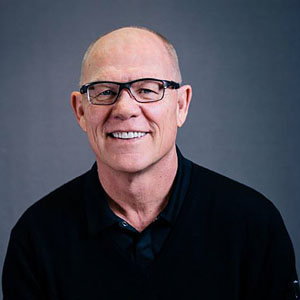
“The local churches are an authentic expression of New Testament Christianity.”
The local churches are an authentic expression of New Testament Christianity. Moreover, as a group forged in the cauldron of persecution, it has much to offer Western Christianity. In this respect three things immediately come to mind.
First is their practice of prophesying—not in the sense of foretelling the future but in the 1 Corinthians 14 sense of exhorting, edifying, encouraging, educating, equipping, and explicating Scripture. In such a practice, constituents are corporately involved in worship through the Word. Second is their practice of pray-reading (in addition to Bible study) as a meaningful link between the intake of Scripture and efficacious communion with God in prayer. And third is their fervent commitment to the Great Commission (Matthew 28:19).
If the early Christian church had one distinguishing characteristic, it was their passion to communicate the love, joy, and peace that only Jesus Christ can bring to the human heart. As we become entrenched in an age of esotericism, it is essential that genuine believers in all walks of life emulate this passion—a passion I have personally witnessed as I shared in fellowship with brothers and sisters in Christ from local churches in places as far away as London, England; Seoul, Korea; and Nanjing, China.
In sum, along with Christians from a broad range of persuasions, the local churches are dedicated to both proper doctrine (orthodoxy) and proper practice (orthopraxy). As such, they march by the maxim, “In essentials unity, in non-essentials liberty, and in all things charity.” While we will no doubt continue to debate secondary issues this side of the veil, I have no doubt that we will spend an eternity together growing in the knowledge of the One who saved us by faith alone, through grace alone, on account of Christ alone.
